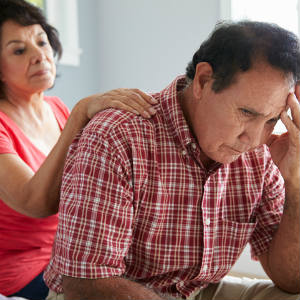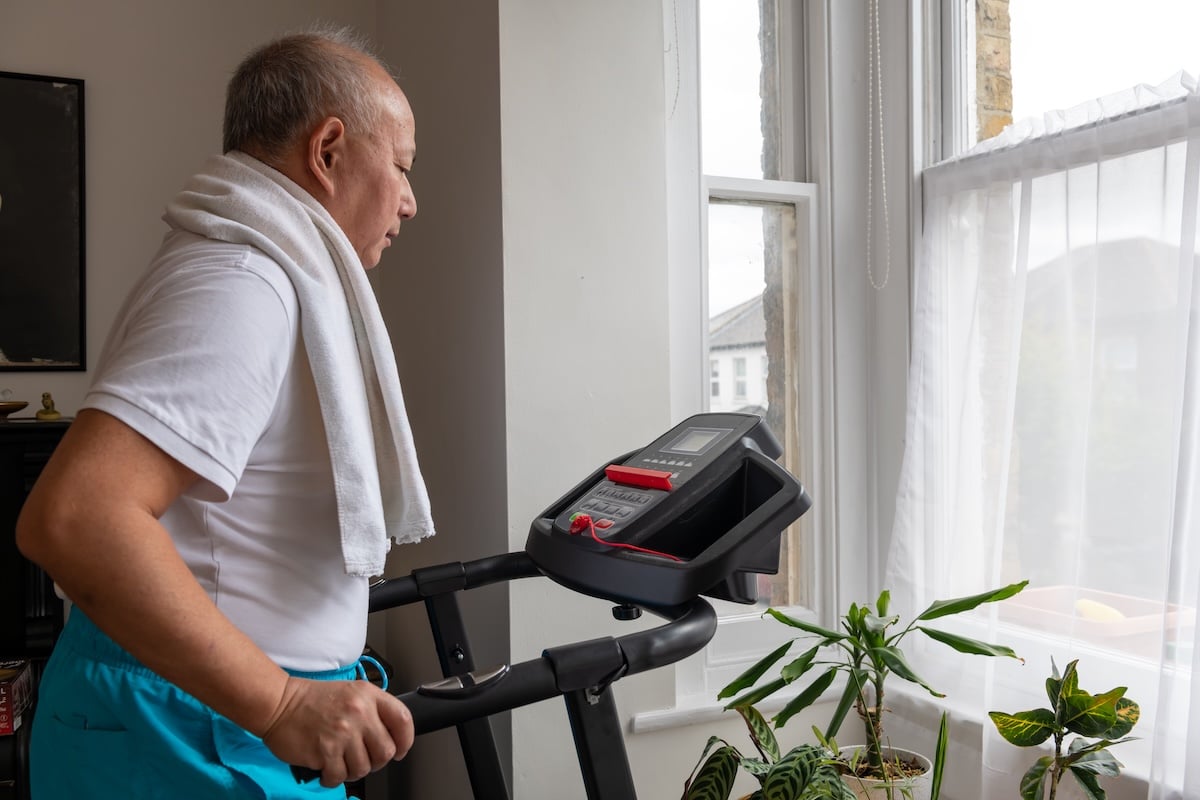If you have an anxiety disorder, you likely feel fearful, worrying about problems in a way that’s disproportionate to the actual situation at hand. Anxiety is twice as prevalent as dementia in older adults, and four to eight times as prevalent as major depression. Because anxiety can cause a significant negative impact on the quality of life, it’s important to address this condition, but that can present unique challenges for older adults. Here’s why.
According to an in-depth report originally published in Geriatrics and Aging, titled The Silent Geriatric Giant: Anxiety Disorders in Late Life, anxiety disorders in older adults can be difficult to diagnose. In fact, until recently, it was believed that the incidence of anxiety disorders went down as people aged, but it’s been determined that this is because older adults report fewer psychiatric symptoms, focusing instead on physical ones. In reality, anxiety is now believed to be as common in older adults as in younger ones.
Specific Types of Anxiety Disorders
The most common type in older adults, according to the Anxiety and Depression Association of America, is called generalized anxiety disorder (GAD). GAD is often triggered by a traumatic event, perhaps an acute illness or fall. When GAD symptoms are mild to moderate and/or they are being effectively treated, people can continue to do well in social situations. When symptoms become severe, though, people may struggle to perform basic daily tasks.
People with GAD often worry continually about their health, family problems, money challenges and so forth. They struggle to relax, to sleep, to concentrate, and physical symptoms can be numerous, including: “fatigue, chest pains, headaches, muscle tension, muscle aches, difficulty swallowing, trembling, twitching, irritability, sweating, nausea, lightheadedness, having to go to the bathroom frequently, feeling out of breath, and hot flashes.”
Phobias, meanwhile, are more targeted: intense, irrational fears about something specific that actually poses little threat (if any at all). People can have phobias of heights or tunnels, spiders or birds, of public places and more. Facing or thinking about the focus of the phobia can bring about severe anxiety, even panic attacks. Then there are social phobias, a specific type of phobia where people feel significant anxiety in social situations.
Less common types of anxiety disorders include obsessive-compulsive disorder (OCD) where people suffer from obsessive thoughts about upsetting situations. They often perform rituals–touching a “safe” object, counting to 100–to try to manage this anxiety. Panic disorders have panic attacks at the core, with these terrifying events even occurring while someone sleeps.
Treating Older Adult Anxiety Disorders
Start by talking to your primary care physician, who may refer you to a mental health professional. Treating anxiety disorders in older adults requires a close partnership with your health care team, in part because any medications prescribed typically need given in lower doses. That’s because drug absorption and actions evolve as bodies age. It’s important to watch for side effects of any medications and it’s helpful to have trusted family members and friends help you monitor how your body reacts to these drugs. Therapy can be helpful, as well. Here is more information about treatments typically used to manage anxiety.
The good news is that anxiety disorders are treatable, with people often experiencing “meaningful symptom relief and improvement in their quality of life with professional care.” Some respond fairly quickly, while other treatment plans take more time. Talk to your mental health care provider about the specifics of your customized treatment plan and share any concerns you have. Communication is key!













